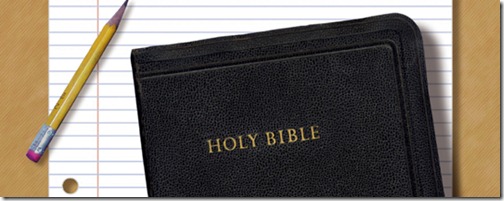The Bible’s teaching on poverty could be summed up with one verse and two concepts. In Mark 14, a woman had come to anoint Jesus for burial, and the disciples were upset at the size of the gift—it was very expensive perfume. Posturing, the disciples suggested that the money could be sold for much money that would be useful in ministering to the poor. Jesus’ comment, in verse 7, is that doing good to the poor is a good thing, but that you will always have the poor with you.
Our Current Society
Our current society talks as if poverty is something that could be beaten. It speaks in grand terms about how a nation of our wealth should see no one in poverty. The problem is not just that poverty is relative, but it also goes to the concept that no one can truly beat poverty because it comes from many different sources, and most of the things that we would try will fail.
Take, for instance, welfare. It seems a rational response to poverty—we won’t let anyone go without food or shelter, so if you’re not making money or lost your job, we’ll cover you. That was great, until people found out that if they didn’t work they would get paid anyway—and sometimes live better than the working people around them.
Not only that, but as more people got on welfare, the cost ballooned to the point where it was costing taxpayers money to fund someone else’s new van, cable TV with high definition picture and sound.
So, government reformed the system, but it still rewards people for not working—and only not working. Once you’re off you’ve lost assistance.
The Biblical Model
Here’s where the Biblical model was superior. In the more agrarian society that they were, those that grew foods were instructed to not harvest all the food, but that which fell after reaping and the corners they were to leave and they were not to harvest all the grapes from their vineyard (Lev 19:9-10), because they were to be left to the poor.
It was the job of the businessman to provide for those in need. Each business was to take care that a part of its profit was to go toward the poor—but not as a hand out. The poor was suppose to have access to money if they worked. Whether hired or not, there was provision made if there was work done.
How Could This Work Today?
Here’s some things I would do if we wanted to implement this concept:
- Eliminate the minimum wage—we need to have some jobs that are for the unskilled or that are low paying from which to work up.
- Businesses should be required to set aside a portion of their profits for those that are poor—not as a handout, but as positions with low skills that could be performed
- Example: A business that needed someone to file papers could hire someone at low wage to file the papers.
- Another way is for a segment of the profits of companies could be directed to an non-profit that specifically worked to train the poor or provided handyman work.
- No money is handed out without work being done, and more money would be given to those that did more work.
The point is, the Biblical method only has one role for the government—to tell businesses not to keep everything they make. Other than that, the people and the businesses can figure out what to do to help people not just live, but also get out of where they find themselves.
Charity also has its place, but charity should have a purpose. Not just a helping hand, but a helping hand up.


Being poor is knowing exactly how much everything costs.
Being poor is getting angry at your kids for asking for all the crap they see on TV.
Being poor is having to keep buying $800 cars because they’re what you can afford, and then having the cars break down on you, because there’s not an $800 car in America that’s worth a damn.
Being poor is hoping the toothache goes away.
Being poor is knowing your kid goes to friends’ houses but never has friends over to yours.
Being poor is going to the restroom before you get in the school lunch line so your friends will be ahead of you and won’t hear you say “I get free lunch” when you get to the cashier.
.-= Buy Face Makeup´s last blog ..How do I Make Men Fall in Love With Me? =-.